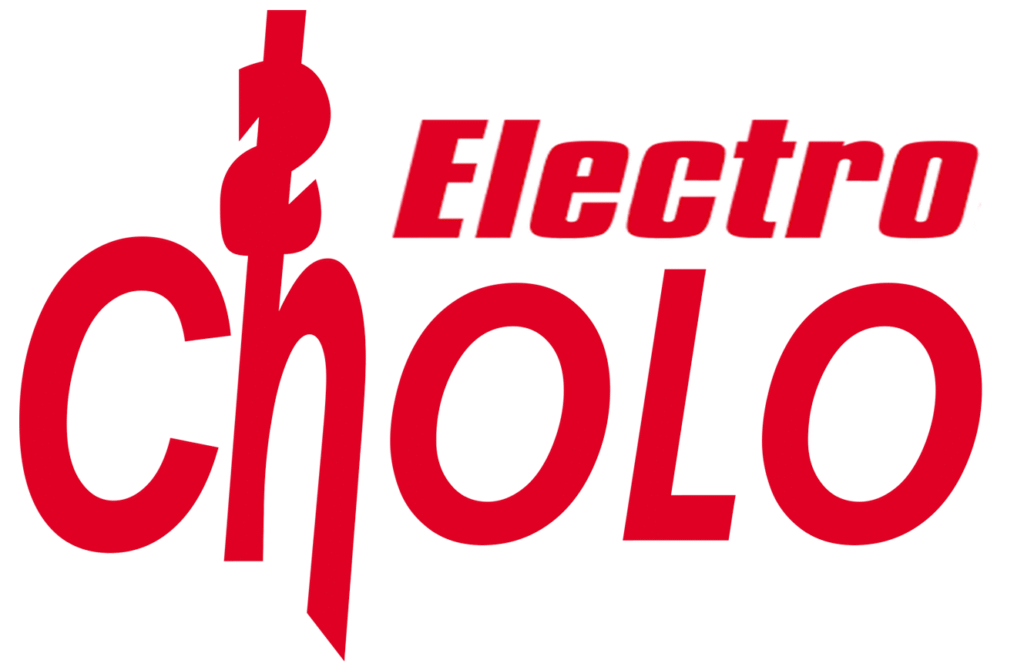Biomass
The biomass sector applauds the approval of the Royal Decree Law to promote renewables

The Council of Ministers, at the proposal of the Ministry for Ecological Transition and the Demographic Challenge, approved on June 23 a Royal Decree-Law with measures to boost the energy transition to a 100% renewable electrical system and favor economic reactivation in line with the EurOPEO Green Pact.
The president of the Spanish Biomass Association, Javier Díaz, considers the RDL “an important step in the right direction towards a more sustainable economy”, although, he points out, “its effectiveness in achieving the objectives it proposes will depend on subsequent regulatory development.” .
One of the objectives pursued by the standard is to ensure that network access permits are granted to viable and solid projects and thus avoid speculation. To do this, milestones are established that the holders must be accredited in the fixed times, such as obtaining the favorable environmental impact declaration and administrative construction authorization. "The implementation of mechanisms to try to" unbutten the plug "network access created by the avalanche of applications of non -finalists of photovoltaic projects was necessary and will have a positive effect when making way to real proposals of renewable generation," says Javier Díaz.
To encourage the installation of clean energy, a new auction system is proposed, which will offer predictability and stability of income and financing to investors. In addition, the processing of projects and the associated electrical infrastructure will be simplified and streamlined, eliminating barriers to their implementation.
According to Emilio López Carmona, CEO of ENSO Global Energy Solutions (formerly Gestamp Biomass), “the RDL lays the foundations for a fairer auction that should recognize the value that biomass plants can contribute to the electrical system, such as manageability and “firm power guarantee”.
In addition to its operational advantages, Emilio López recalls that electricity generation with biomass can contribute to economic recovery by providing technology and national industry for the construction of the plants and generating employment in their construction, subsequent exploitation and in the supply of biofuel.
The RDL also regulates new business models, such as storage, which will allow the management and optimization of the energy generated in new renewable plants; and hybridization, which makes it possible to combine various technologies in the same installation.
Other models that are intended to be promoted are the independent aggregator, which combines the demand of several electricity consumers or that of several generators to participate in different market segments; and the renewable energy community, which allows citizens and local authorities to be partners in renewable energy projects in their localities. Javier Díaz summarizes the points whose direction of development, in his opinion, will be key to achieving the objective of a 100 energy system % renewable to 2050.
Medium-term visibility of the volume of new capacity to be auctioned; “It is essential so that the national industrial fabric can be dimensioned and participate effectively in the supply chain.” Adequate definition of weighting parameters; “This will achieve the effect of territorial distribution that supports a fair energy transition.” Regulation of the new business models or market figures that are created with this RDL: independent aggregator, storage and renewable community.
